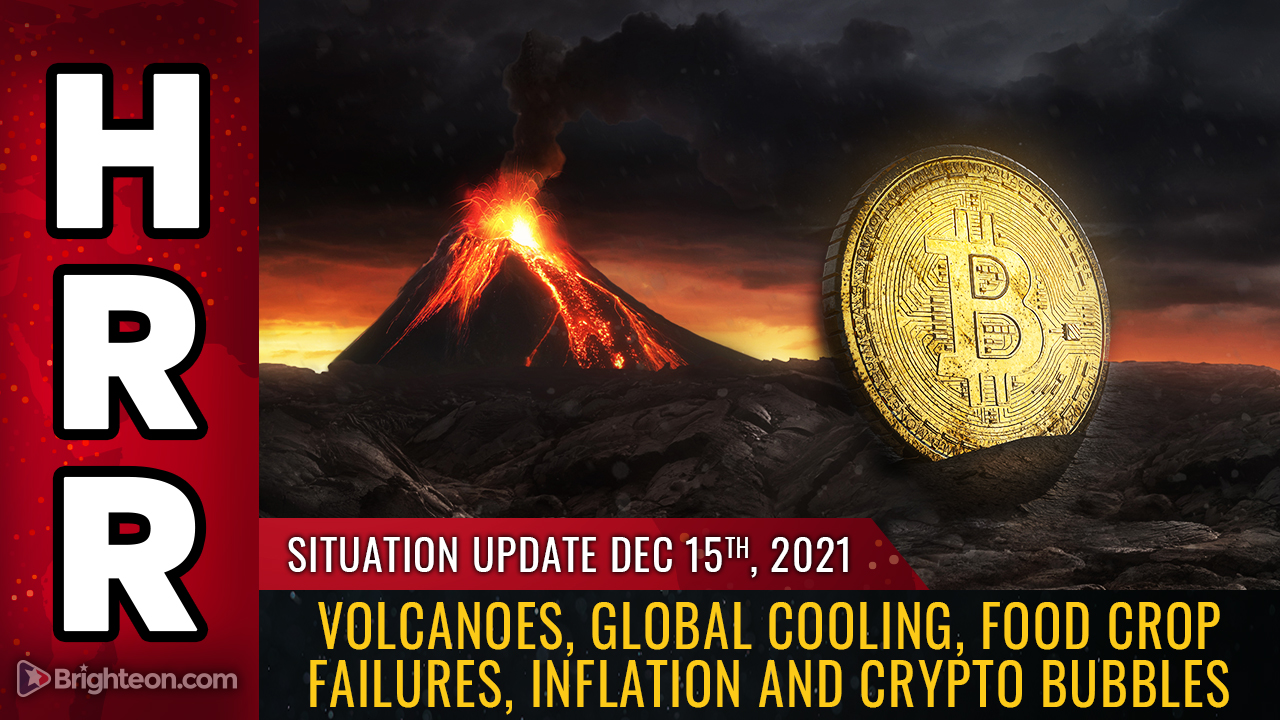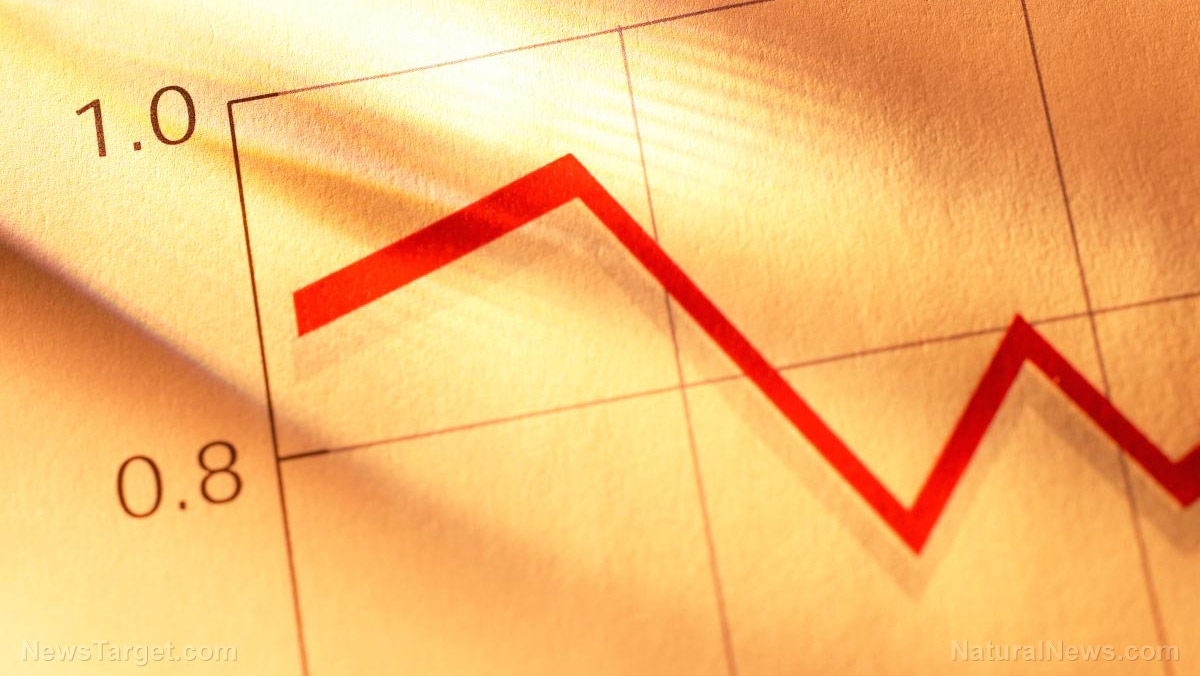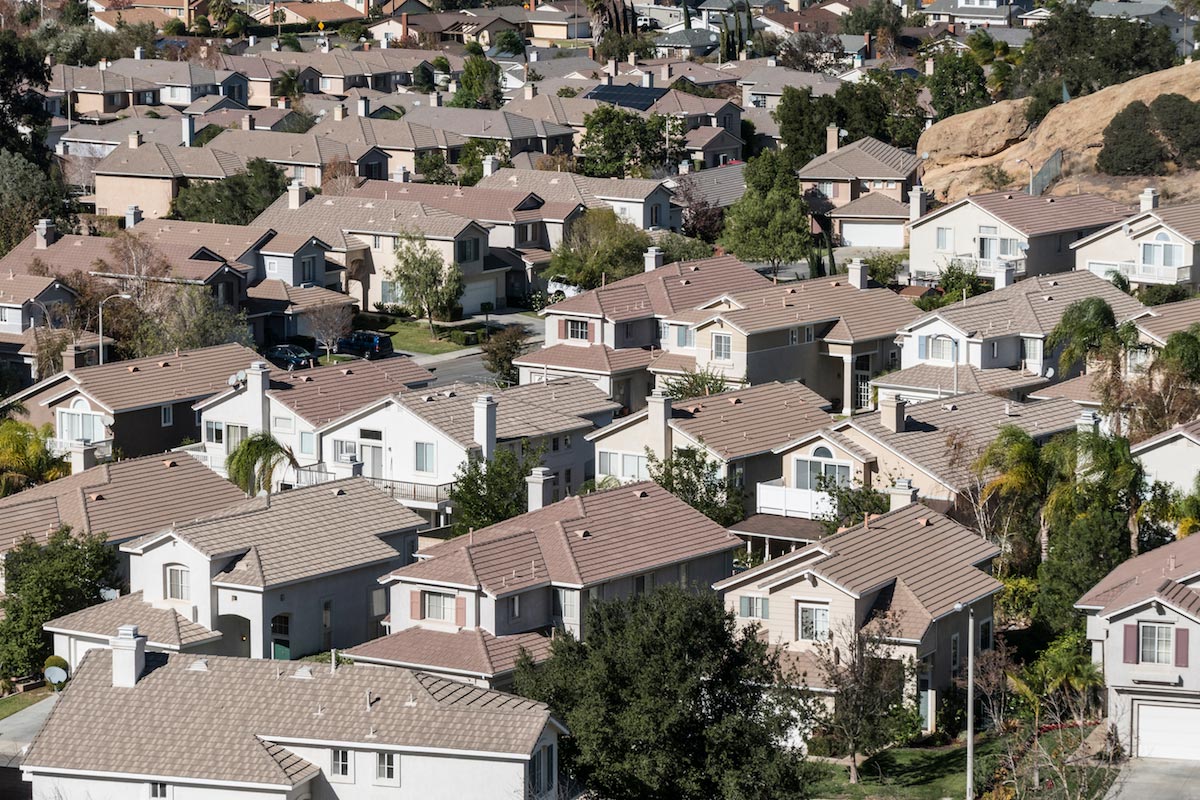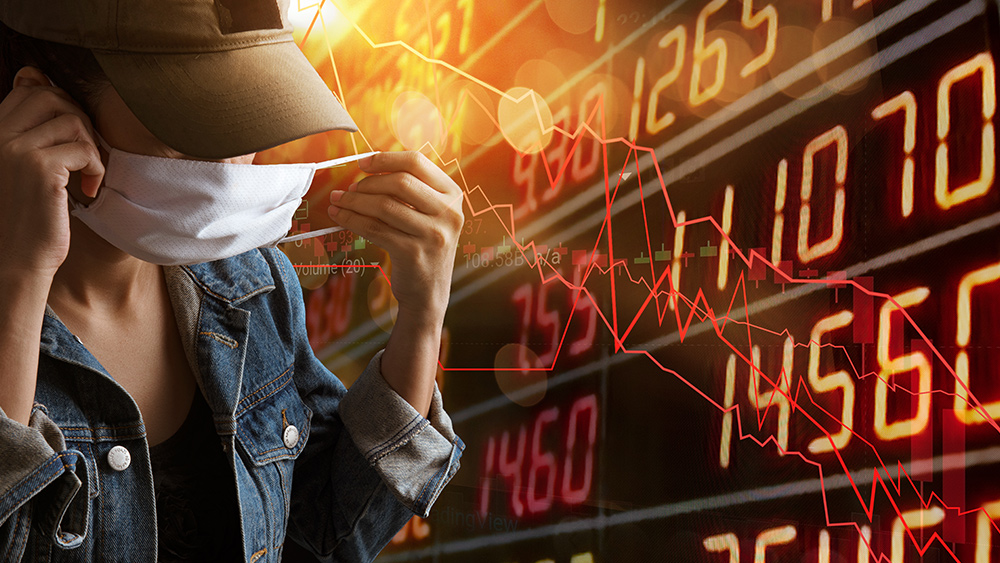Inflation now a sure thing amid global economic chaos
12/02/2021 / By Mary Villareal

Scientists and medical authorities are still not certain how big a risk the omicron variant of the Wuhan coronavirus (COVID-19) will pose to public health. But one thing will happen for sure amid the chaos: inflation.
Policy makers now need to respond to what’s in front of them as the pandemic does not offer simple choices.
This explains why Federal Reserve Chair Jerome Powell has pivoted from his previous stance on inflation. After months of trying to convince markets that the high inflation would pass, he finally gave up on calling it “transitory.”
While the impact of the omicron variant remains uncertain, it is becoming clear that the issue of inflation needs to be tackled.
Other countries have arrived at this realization much sooner. For instance, the Reserve Bank of New Zealand (RBNZ) and the Bank of Korea raised their rates twice in the past few months, while the Monetary Authority of Singapore tightened policy. The Reserve Bank of India suspended its own quantitative easing.
While the RBNZ has a history of moving aggressively, the bank’s chief economist, Yuong Ha, laid out his case for risk management in an interview.
“From where we sit, the outlook is demand might be a bit weaker, it might be a bit stronger depending on how households behave in this new world,” he said. “But it is still a world where inflation pressures are rising, capacity pressures are going to stick around for a while and hence you probably need to be removing monetary stimulus rather than maintaining it.”
Not everybody thinks the same way. The Bank of England, for instance, is still focusing on its stance. “There’s still a lot of information to come in, especially with regard to omicron, so it is premature to even talk about timing, much less how much,” policymaker Catherine Mann said.
For much of the past two years, the potential costs of moving too slowly were tolerable, but inflation is no longer questionable. The ability of banks to make expansions without spiking prices has significantly diminished. The Fed’s measure has been above its target since March, and has accelerated to percent percent in October.
Omicron could cause another wave of lockdowns and bans
While it is too early to tell how the new COVID variant will impact global supply chains, there are many scrambling on the economic side to figure out what another wave of infections and travel bans, lockdowns and restrictions might do to the global recovery.
The potentially more virulent virus could mess up an already messy supply chain and soaring inflation. David Wilcox from the Peterson Institute for International Economics and Joe Brusuelas from consulting firm RSM put in their two cents. (Related: Holiday shoppers shift focus to used goods amid shipping delays and shortages.)
Wilcox noted that there is more that they don’t know than what they do know, while Brusuelas said there are too many unknowns surrounding the new variant and the global and domestic economic outlook.
If the omicron variant does cause another serious wave of global infection, it could discourage consumer spending and job creation. Businesses will be forced to make and ship less, using less energy. Supply chain bottlenecks could ease and inflation could slow down.
However, there is a more likely opposite effect.
Joel Hyatt, CEO of Globality, a supply chain technology firm in Silicon Valley, said: “Inflation is likely to go up because the supply chain is likely to again be adversely affected. People have trouble getting to work through lockdowns and what have you, and labor gets scarcer — particularly for those jobs where being present at work matters. Supply goes down and has an upward pressure on pricing.”
Read more stories related to the coronavirus pandemic at Pandemic.news, and to the supply chain crisis at Bubble.news.
Sources include:
Tagged Under: Bubble, chaos, Collapse, covid restrictions, covid-19, Holidays, infections, Inflation, lockdowns, market crash, omicron variant, outbreak, pandemic, panic, risk, supply chain crisis
RECENT NEWS & ARTICLES
COPYRIGHT © 2017 BUBBLE NEWS

















